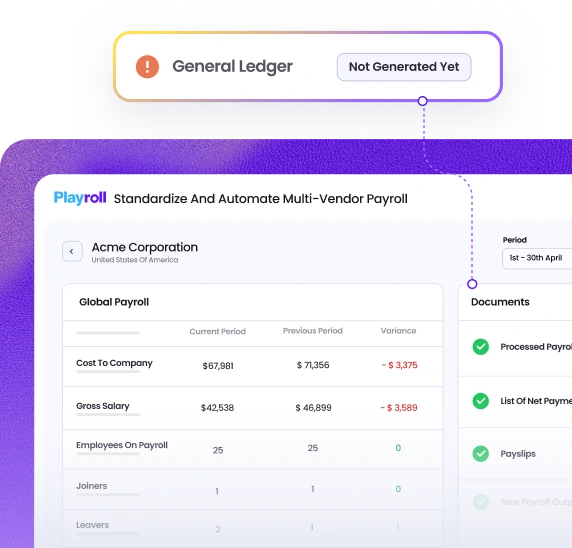What is a Good Salary in Connecticut?
What is considered a 'good' salary can vary based on factors like location, lifestyle, and industry. A salary in the range of $60,000 to $80,000 is generally considered comfortable for a single person in Connecticut. High-paying fields like finance and healthcare can offer salaries reaching up to $150,000 or more, while more common roles such as administrative assistants or customer service representatives typically earn around $45,000 to $55,000.
Average Salary by Cities in Connecticut
The cost of living can vary widely from one city to another, and that impacts both how far salaries stretch and what professionals expect in terms of pay. Cities with higher living costs – like those with hot housing markets or tech hubs – tend to have higher salary expectations.
Familiarizing yourself with the average salary ranges per location can help you plan better and make sure your compensation packages are in line with local expectations to attract and retain top talent. Here’s a quick look at salary ranges across different cities in Connecticut, to get a sense of competitive salaries based on local factors:
| City | Monthly Salary | Annual Salary |
|---|
| Hartford | $6,916 | $82,997 |
| Bridgeport | $6,808 | $81,702 |
| New Haven | $5,833 | $70,001 |
| Stamford | $7,250 | $87,000 |
| Waterbury | $4,833 | $58,000 |
Salary Earnings Based on Experience Level in Connecticut
Salaries naturally increase with experience – this applies to both new hires and existing team members. When planning for new positions, it's important to consider how salary ranges change at different seniority levels. This will help ensure you're meeting salary expectations, retain employees and create a fair working environment.
Here’s a breakdown of how monthly and annual salary ranges grow with experience in Connecticut:
| Experience Level | Monthly Salary | Annual Salary |
|---|
| Entry-Level Jobs (0-2 years experience) | $3,750 - $4,583 | $45,000 - $55,000 |
| Mid-Level Jobs (3-5 years experience) | $5,000 - $6,667 | $60,000 - $80,000 |
| Senior Roles & Managers | $7,500 - $10,000 | $90,000 - $120,000 |
| Executive & C-Level | $12,500 - $25,000+ | $150,000 - $300,000+ |
Average Salaries by Job Title in Connecticut
Building a competitive compensation package means knowing what the going rate is for specific roles. We’ve compiled the most recent salary data by job title for Connecticut, making it easier for you to compare roles, match your offers with the market, and make sure your team is paid fairly.
| Job Title | Monthly Salary | Annual Salary |
|---|
| Administrative Assistant | $3,750 | $45,000 |
| Customer Service Representative | $3,500 | $42,000 |
| Software Developer | $7,917 | $95,000 |
| Marketing Manager | $7,083 | $85,000 |
| Project Manager | $7,500 | $90,000 |
Highest Paying Jobs in Connecticut
- Surgeon: $400,000+
- Psychiatrist: $250,000 - $300,000
- Chief Executive Officer (CEO): $250,000+
- Orthodontist: $250,000+
- Pharmacist: $130,000 - $150,000
- Dentist: $150,000 - $200,000
- Software Engineer: $100,000 - $140,000
- Financial Manager: $120,000 - $160,000
- Nurse Practitioner: $105,000 - $125,000
- Attorney (Corporate/Medical): $120,000 - $200,000+
Monthly Cost of Living in Connecticut
In Connecticut, the cost of living is notably higher than the national average, with significant expenses in several areas. Housing costs are 39% above the national average, particularly in desirable areas like Fairfield County and around Hartford. Utility prices are about 12% higher than the national average, contributing to overall living expenses. Transportation costs, including gas prices and tolls, are also higher, with expenses running about 11% above the national average, partly due to the state's infrastructure and proximity to major cities like New York.

Median Home Price
$430,000
Compliant, In-State Payroll Processing in the U.S. with Playroll
We cut payroll processing time by 80%, ensure full compliance, and provide hands-on support for both employers and employees.
-

Local, state-accurate payroll execution
-

Consolidate payroll inputs and variance reporting
-

State-specific compliance, taxes, and filings built-in







.svg)
.svg)
.svg)








.svg)



.png)
.webp)
.webp)








.svg)